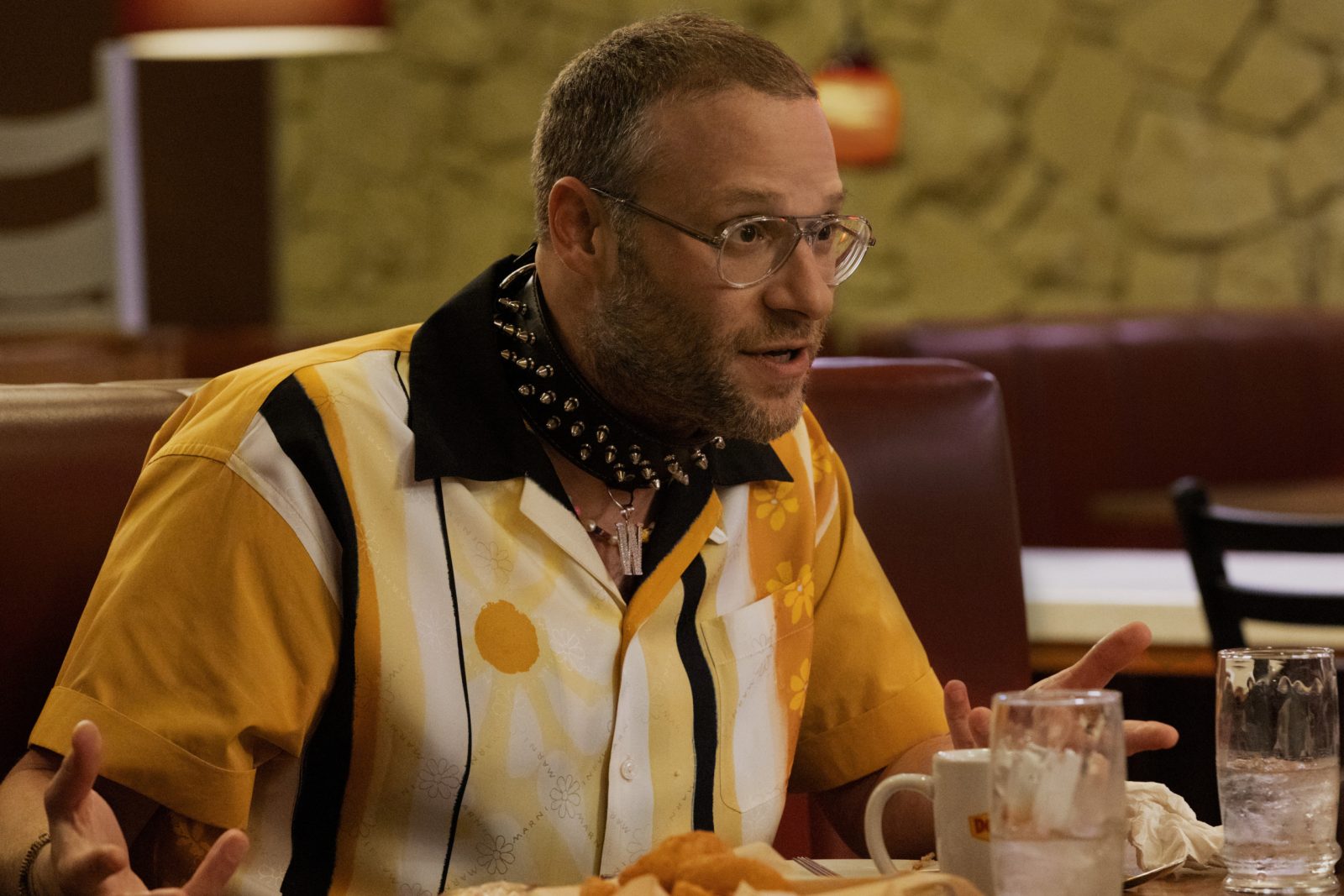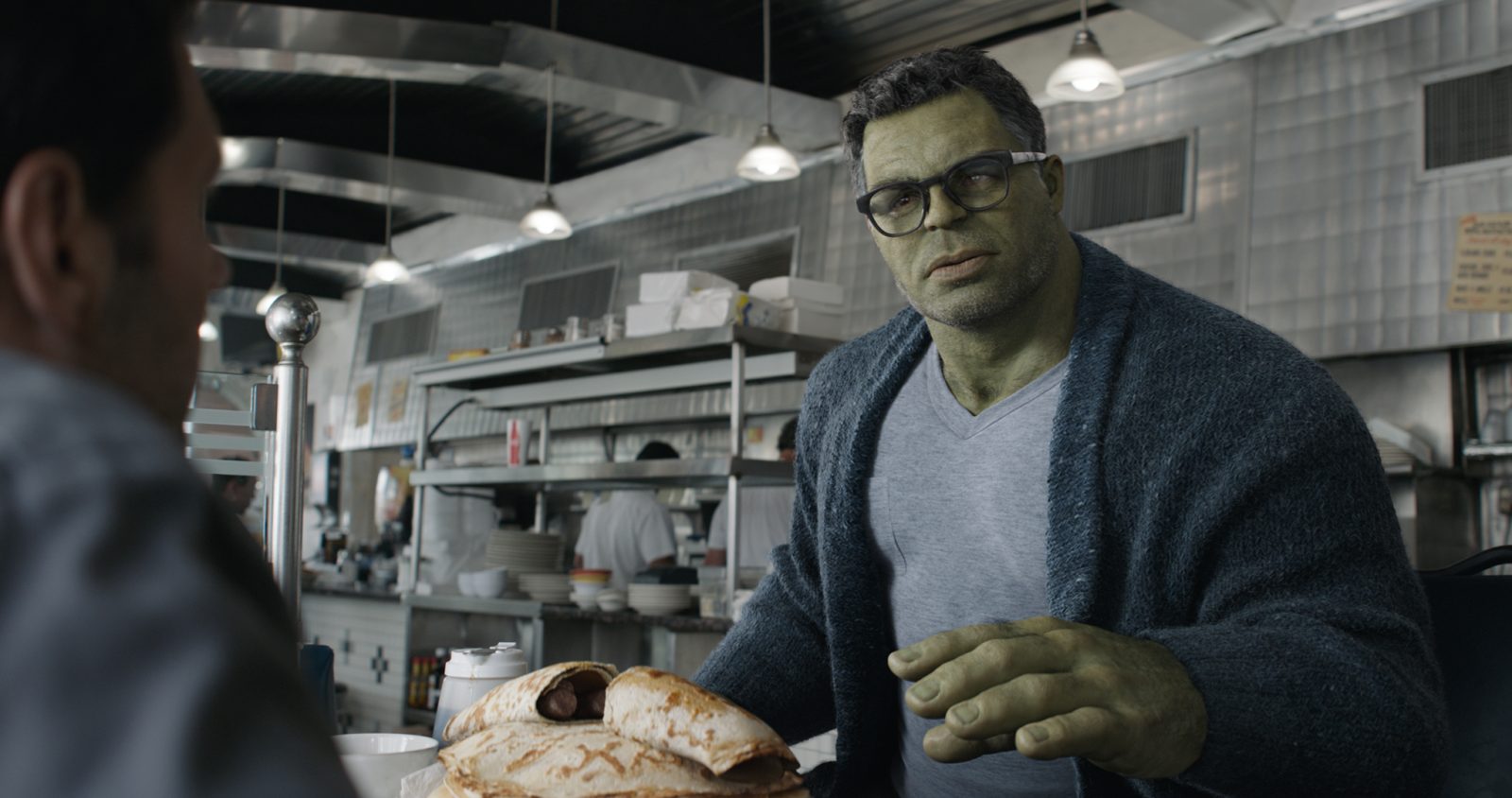Every time a new game or film makes its debut, fans are quick to shower accolades upon studios and filmmakers. Yet, behind the curtain, the teams responsible for these projects often bear the weight of strenuous schedules and poor compensation. Luckily, champions of change like the producers of Teenage Mutant Ninja Turtles: Mutant Mayhem are pushing for a healthier work environment.
In an interview with Insider, director Jeff Rowe disclosed how Seth Rogen and Evan Goldberg, the producers of TMNT: Mutant Mayhem, made certain that the animators involved in the project were not overworked, stating:
That was the thing that was really important to us on this film, and I learned it from Seth and Evan because in getting to know Seth, I’m like, ‘He has a really good work-life balance and everyone at Point Gray does.’ And I asked him about that and he is like, ‘Well, we’re like when you’re doing live action, sometimes you’re on a set for 40 days in a row and it is exhausting and tiring. And we want to make sure that our people have time away from that and that it doesn’t become their entire lives.’ I really took that to heart and wanted to make sure that when we made this film, we did it ethically.
Rowe further disclosed his interactions with the animators, noting that through conversations, they expressed their desire for a three-day work week, while a portion also expressed their interest in working remotely from home.
We’d be like, ‘Great, let’s figure that out, and let’s accommodate that because that’s your process and that’s what leads you to make your best art. And we would often do that with most of the team and just try to make sure everyone always felt supported.
I never want the team to be suffering more than I am. And I also hopefully am suffering more than the team because I’m the captain and I’m paid to absorb that, and they’re not. It’s important to preserve that. People just do better work when they’re rested and have home lives.

Hearing a director express such sentiments is so refreshing in a world where crunch culture seems like the norm. Recent accounts have brought to light the disappointing revelation that the remarkable Sony film Spider-Man: Across the Spider-Verse was produced at the cost of animators being pushed beyond their limits, leading to nearly a hundred of them departing during production.
Equally concerning were the reports surrounding Blizzard Entertainment, which reportedly encouraged its staff to extend their work hours without commensurate compensation during the development of Diablo 4. As resignations ensued, they opted to replace departing employees with recruits at the entry level.
Marvel Studios has faced its share of backlash due to allegations of fostering a toxic work environment and imposing impractical deadlines on its VFX artists. This has become more evident in the studio’s recent projects like She-Hulk and Ant-Man and the Wasp: Quantumania.
Moreover, a VFX artist working on Avengers: Infinity War and Avengers: Endgame disclosed that Marvel pushed the film release schedules forward without informing the VFX crew, who only became aware of this through an article.

This prevailing culture can be attributed in large part to the avarice of studios. Even though these projects bring in huge profits for studios, they are often hesitant to offer fair compensation to their employees – and then act surprise when strikes bring Hollywood grinding to a halt.
An alternative to this would be to allocate more time to projects for animators and VFX teams to produce high-quality work, but studios have been unwilling to negotiate on this matter. Fortunately, a growing number of animators and VFX artists are stepping forward to expose studios that endorse poor working conditions.
We can only hope that more producers will embrace the mindset Jeff Rowe, Seth Rogen, and Evan Goldberg have displayed towards a positive work culture for the TMNT animators. After all, the results of this approach speak for themselves – and in the meantime, workers should do all they can to unionize.

